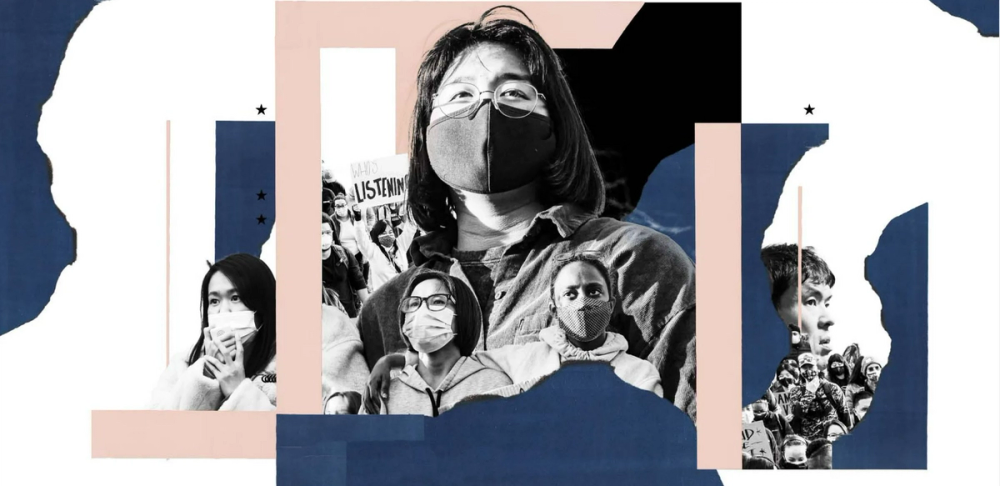News
Vox: The Stop Asian Hate movement is at a crossroads

In the year since the Atlanta shootings, the Stop Asian Hate movement dramatically changed awareness of anti-Asian racism. Where does it go from here?
By Li Zhou/Vox
Brianna Cea, a 24-year-old voting rights organizer based in Brooklyn, felt a painful sense of recognition after the Atlanta shootings last March.
These shootings — which occurred at three Atlanta-area spas — took the lives of eight people, including six Asian women. The victims included Daoyou Feng, 44, Hyun Jung Grant, 51, Suncha Kim, 69, Paul Andre Michels, 54, Soon Chung Park, 74, Xiaojie “Emily” Tan, 49, Yong Ae Yue, 63, and Delaina Ashley Yaun, 33.
“Seeing people who look like me being targeted and people not recognizing that they were clearly targeted because of what they looked like was hard,” Cea, who identifies as Thai, Korean, and Chinese American, told Vox.
…
Some activists, like Stanley Mark, the senior staff attorney at the Asian American Legal Defense and Education Fund, have also celebrated the law as an important first step. “There is funding there to promote more reporting and strengthen community-based organizations. I do think it’s a beginning,” Mark says.
Others, however, have been more critical, concerned that the legislation doesn’t confront the root causes of bias against Asian Americans, like xenophobic political rhetoric, gaps in education, and a lack of resources across communities. Many worry that it won’t deter future hate crimes and that it could lead to unintended problems, such as the overpolicing of Asian American communities and other communities of color.
